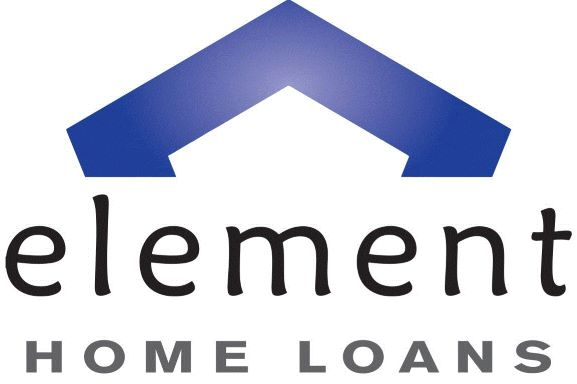Ray Evans
Mortgage
770-309-2155
Savannah roots, Atlanta life. Forty years married to my best friend. Golf addict, Georgia Tech loyalist, and always chasing the next great round.

770-309-2155
Savannah roots, Atlanta life. Forty years married to my best friend. Golf addict, Georgia Tech loyalist, and always chasing the next great round.
Member
Development
Endorsement Letters I've Given

470-481-3947
326 Lake Forest Drive
Newnan, GA 30265
Mark is an attorney, Jasiel is an RN. They attend their kids functions, travel with family and consider their home their happy place. They use a CPA, financial planner, travel agent and lawn service. They like knowing all options to make a wise decision.
Company
Endorsement Letters I've Received
Financial Services | Finance
Mortgage
Filing Cabinet
Sponsorship
For urgent matters when I am unavailable, responsibility seamlessly transitions to my assistant, who also has a designated backup. In addition, I have management support available for direct client interaction when needed. This structure has proven highly effective over the past 20 years.
Our services are guaranteed, and we operate with clearly defined transaction processes and contingencies to ensure deadlines are met. For example, there have been occasions when loan structures needed to be adjusted to maintain the closing schedule. In those instances, my support team executed the necessary changes, communicated directly with the client, and implemented solutions without disruption.
In the unlikely event an issue were to occur, I would personally resolve it and credit our fees accordingly. I take pride in consistently closing on time, with no surprises.
Referral Trigger Response